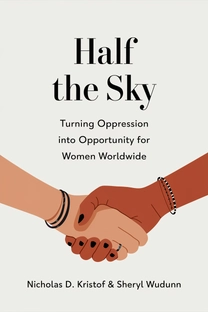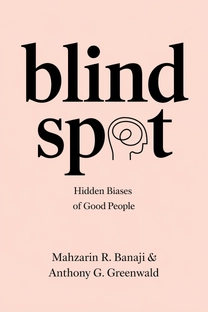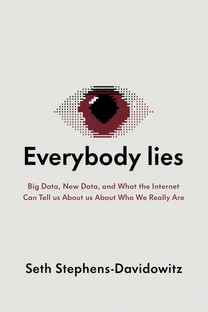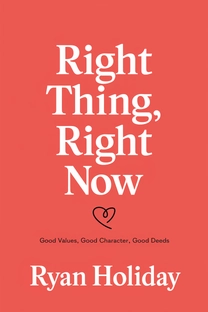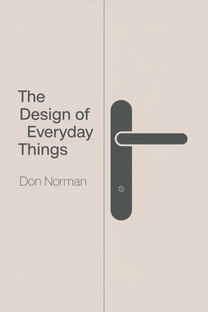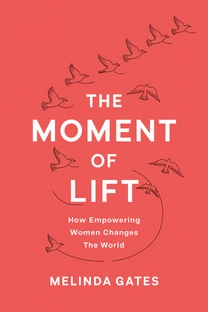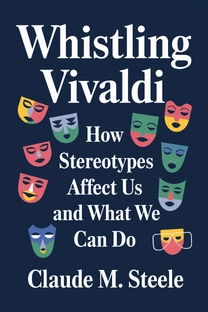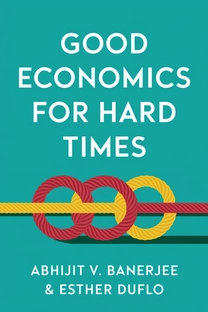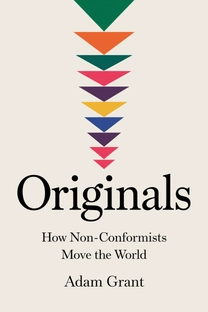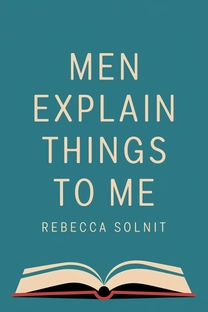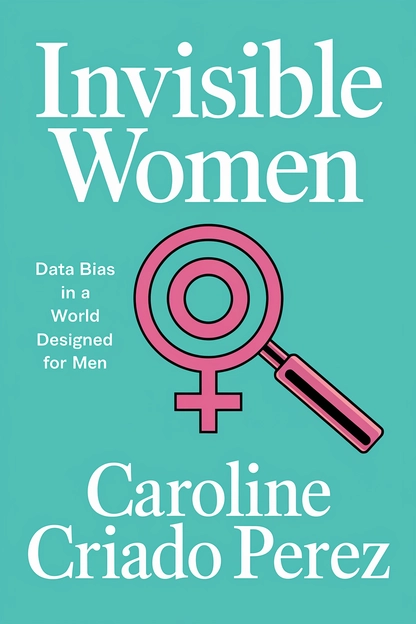
Invisible Women
Data Bias in a World Designed for Men
by Caroline Criado Perez
Brief overview
This book exposes a widespread blind spot: the world is often designed with only one gender in mind. Drawing on real-world examples, it reveals how our everyday routines—commuting, working, socializing—remain structured around male norms. By shining a spotlight on everything from public policy to product design, it challenges us to see why inclusive data is crucial.
Introduction
Imagine walking into a store and finding that nothing on the shelves is aimed at your needs. For many women, daily life can feel a bit like that. This book begins with a stark observation: society often defaults to the male perspective.
From car safety tests that only use dummies based on an average man to public transit systems that ignore women’s more complex travel patterns, countless real-world examples highlight how women’s data is overlooked or lost entirely.
Yet these oversights aren’t always malicious. Sometimes, male-centered design is the simple result of failing to break long-standing habits. In many fields, men still hold most leadership roles, and their needs subtly drive decision-making.
Seeing the World Through One Lens
One of the key reasons for male-biased design is a fundamental gap in data. Historically, research has often excluded women or treated them as a special subset. This lack of separate analysis feeds into everything from medical guidelines to urban planning.
Public statues of famous figures, textbooks that highlight mostly male icons, and websites that categorize “novelists” separately from “women novelists” all contribute to making women’s achievements look like niche exceptions.
Data might seem neutral, but ignoring female-specific realities—like smaller average stature or different hormonal cycles—means products and procedures are optimized for men by default. This leaves women at higher risk, whether driving a car or undergoing certain medical treatments.
Too often, the people who create or approve designs assume that men's bodies and lifestyles represent everyone, stifling any need to adapt those designs for half the population.
What is Invisible Women about?
Invisible Women: Data Bias in a World Designed for Men spotlights the hidden ways in which everyday life is built around male norms, leaving women’s experiences neglected or misrepresented. Caroline Criado Perez draws upon powerful research to show how everything from car safety tests to smartphone design routinely ignores female-specific needs, leading to serious health, economic, and social consequences.
This book proves that when we view men as the universal default, half the population remains underserved. By revealing these data gaps, it inspires readers to consider more inclusive approaches in policy, product creation, and beyond. In doing so, it challenges us to question long-established frameworks and strive for a world that reflects everyone’s experiences.
Review of Invisible Women
One of the book’s major strengths is its abundance of real-world examples that highlight just how widespread gender data gaps are. Whether it’s vehicle regulations that test only male crash dummies or public infrastructure centered on commuter traffic without factoring in caregivers’ needs, the author’s thorough research illustrates how overlooking women’s perspectives has real costs.
These insights have practical applications for anyone seeking to design safer products or create fairer policies. The prose is direct yet accessible, ensuring that a broad audience—from policymakers to curious readers—can follow the arguments comfortably. Its relevance resonates across fields, especially for those interested in equity, public health, or civic planning.
Ultimately, Invisible Women makes a compelling case that acknowledging female-specific data benefits everyone. Highly recommended for readers ready to question long-held assumptions and drive positive change in their workplaces, communities, and personal lives.
Who should read Invisible Women?
- Policy analysts examining gaps in data-driven legislation
- Designers and engineers wanting to create more inclusive products
- Urban planners seeking to improve city layouts for all residents
- Medical professionals who want to address gender disparities in research
- Social science scholars exploring the roots of systemic bias
About the author
Book summaries like Invisible Women
Why readers love Mindleap
10-Minute Book Insights
Get the core ideas from the world's best books in just 10 minutes of reading or listening.
Curated For You
Discover your next favorite book with personalized recommendations based on your interests.
AI Book ExpertNew
Chat with our AI to help find the best book for you and your goals.
Reviews of MindLeap
Love how I can get the key ideas from books in just 15 minutes! Perfect for my busy schedule and helps me decide which books to read in full.
Alex R.
The summaries are incredibly well-written and the audio feature is perfect for my commute. Such a time-saver!
Jessica M.
Great app for personal growth. The insights are clear and actionable, and I love how they capture the essence of each book.
Chris P.
The app is beautifully designed and the summaries are top-notch. Definitely worth every penny!
Sarah K.


